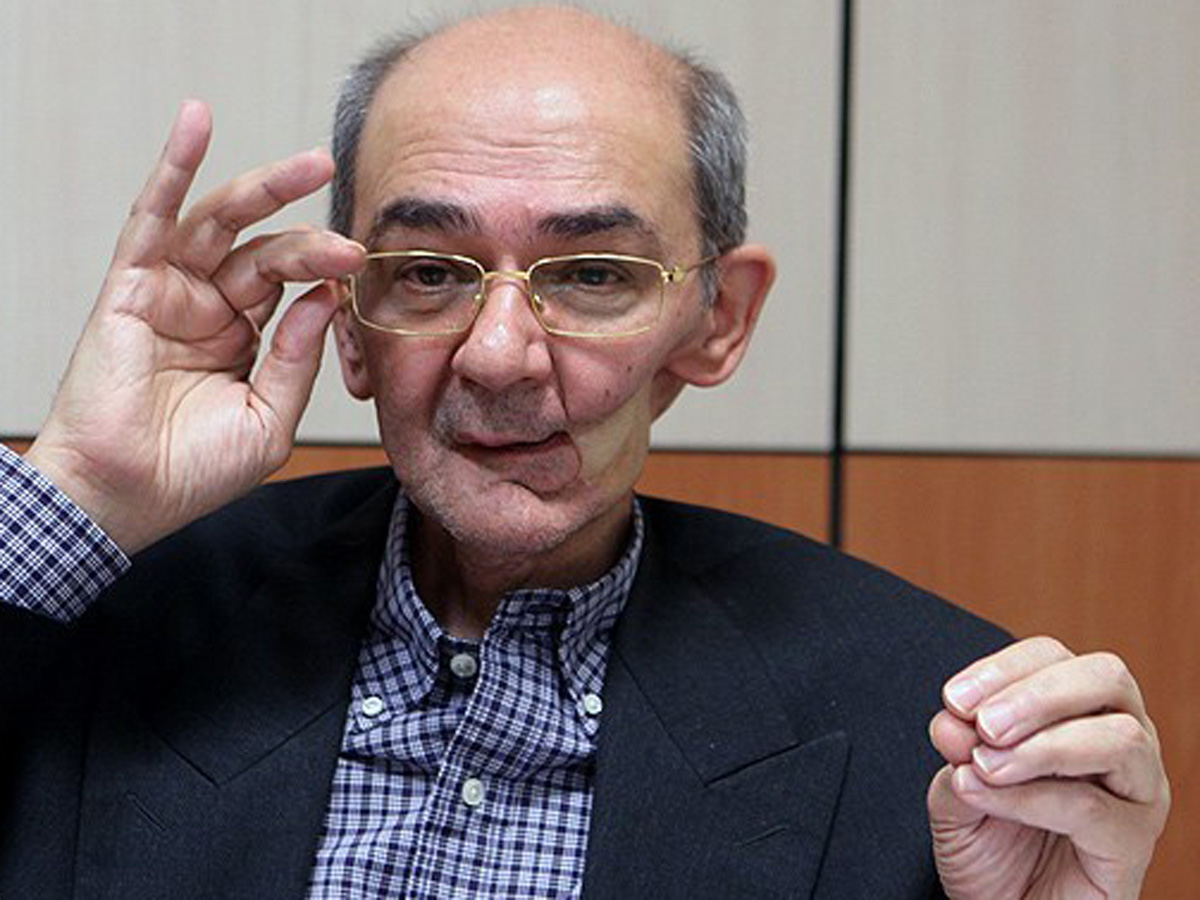By Fereydoun Barkeshli for Trend:
After signing the nuclear deal, Iran has stepped on a new stage. Business delegations continue to roll in, hands are shaken on lucrative deals across the economy, but so far very little action on the ground. Great caution continues to pervade Western banks and large investors, despite best efforts to quell it.
The Joint Comprehensive Plan of Action (JCPOA, or nuclear deal) with Iran will not unlock foreign funds on its own. It is increasingly apparent that the business environment, the rule of law and corruption are standing in the way of Iran’s post-sanctions recovery.
The Iranian business community is growing frustrated that many and varied agreements being made with international partners are not yet transforming into action on the ground.
In the past five to six months Tehran has welcomed the Prime Ministers of India and Italy, Belgium and Presidents of South Korea, Poland, Turkey and South Africa. Two months ago a 300-member German delegation met with Iranian counterparts across all sectors of the economy from heavy industry to healthcare, automotives to energy. But investors continue to face significant obstacles in converting lucrative provisional agreements into action.
What is at stake: role of the United States
In spite of well publicized efforts to encourage engagement with Iran, including from US Secretary of State John Kerry, US and European banks remain highly cautious. Some analysts suggest there is reluctance to make the first move, better to anticipate a surge once the first big deal comes through.
But Iran sources suggest the concerns of the big Western banks are real and potentially enduring. As well as navigating the remaining US sanctions, banks also face the risk of inadvertently aiding money laundering or financial crimes, or even financing terrorism in the eyes of certain authorities, in what remains a highly opaque and complex business environment.
What JCPOA is meant for
The JCPOA will not unlock international investment on its own – it is increasingly clear that matters of corruption, privatization and the quality of the business environment will dictate the flow of funds. Transparency International’s Corruption Perceptions Index ranked the Islamic Republic 130th in the world in 2015, a ranking that has not improved under President Hassan Rouhani administration.
The environment deteriorated substantially in the last decade as murky and unregulated trading channels thrived under sanctions pressure – and this will take some time to return to normal.
The government is taking a wide range of measures, to its credit. The administrative structures responsible for fighting corruption are being decentralized to gain more traction at provincial levels. Banks are becoming more stringent and intrusive in the allocation of loans. The Central Bank is getting closer to the conditions required to unify Iran’s dual exchange rates, which has been a major source of fraud. However, feedback from businesses time and time again suggests it is the opacity of company ownership and the lack of faith in the rule of law that are the biggest deterrents.
The Tehran Stock Exchange provides a mirror on business sentiment and it has recently sunk. The index’s strong and consistent growth in the months following the JCPOA reflected the general expectation that good times were coming. But this optimism appears to have fizzled out. The TEDPIX All Shares Index has shrunk 10 percent since the start of April 2016, with losses across multiple sectors from automotives, to oil and mining.
On the positive side, Iran’s oil sector is bouncing back with production hitting pre-sanctions levels. Iran’s Oil Minister reported to the Majlis (Parliament) that production had risen from 2.7 million barrels per day in the first five months of 1392 (year commencing 21 March 2013) to 3.8 million barrels now; exports have risen from 970kbpd in 1392 to around 2000kbpd; and petrochemical exports from 12.8 million tons in 1392 to 18.8 million tons.
The National Iranian Oil Company recently announced oil sale agreements with Greek, Spanish, Italian, Swiss, French and Russian firms worth 600-700 kbpd, 80% of which have reportedly become operational. Meanwhile figures show South Korea’s imports of Iranian crude are up 67 percent, shipping an average of 211kbpd in April.
Reuters reported earlier that Iran has been selling heavier crude grades to Asia at their biggest discounts against Saudi-Iraq prices since 2007-2008 in a battle to regain market share.
The Central Bank Governor predicts inflation will fall to single-digit levels this summer for the first time in 25 years and has plans to unify the exchange rate this year. The low and stable inflation rate and improvements in fiscal discipline, combined with the establishment of correspondent banking relations and international ties mean the conditions are finally in place to realistically manage away the gap between the official and market exchange rates.
The average gap of 4,900 rials in 2015 has fallen by 5% this year to an average of around 4,700, and volatility has reduced by more than one third. Meanwhile the Statistics Center of Iran reported GDP growth of 1% in 1394, almost entirely driven by a strong agricultural sector. The non-oil sector growth rate was 0.9%.
Finally, India unveiled a $200 million agreement to develop the Chabahar port facility on Iran’s Gulf ofOman coastline. The strategic deep sea port is the main component of a transit corridor that will bypass Pakistani territory. The agreement to develop the port was suspended in 2003 as a result of sanctions.
Meanwhile, the Iranian Chamber of Commerce revealed that their Turkish counterparts intend to build an exclusive $10 billion industrial park in Iran. According to the agreement, a minimum of 85% of the workforce will be of Iranian nationality.
Dr. Fereydoun Barkeshli, President,Vieinna Energy Research Group, Vienna,Austria and the National Iranian Oil Company's former general manager for OPEC and international affairs






